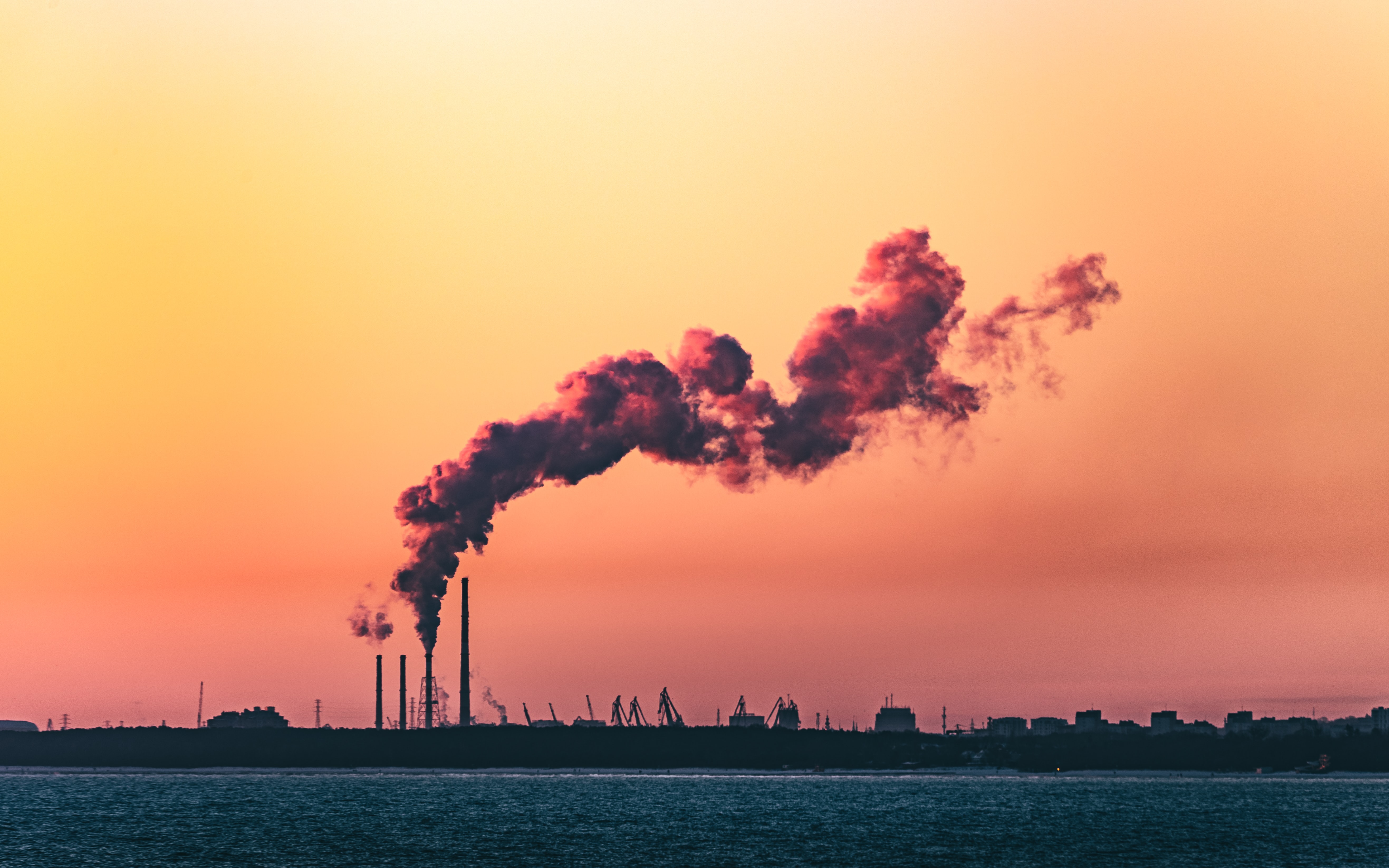This op-ed appeared in the April 27 edition of the Savannah Morning News.

The April 18 edition of the Savannah Morning News featured an Earth Day article in which eight semi-celebrities responded to a USA Today question: "What is the most pressing environmental threat?"
After patiently reading through each of their responses I groaned from real, deep, heartfelt pain. Not one of the celebs opined the right answer - at least not the right answer for anyone who is fully aware of the gravity of the climate crisis.
Vote.
Voting for candidates who pledge to address climate change is the most impactful action a lone individual can do to significantly affect the dismal climate trajectory we now face. Vote only and exclusively for people who are committed, clearly and unswervingly, to achieving the global goals set forth in the Paris Accords on Climate Change, which the United States is now once again a full member and participant.
It is the consensus of virtually every climate scientist - and many scientists of other stripes - that if humanity doesn't sharply curtail its spewing of global warming greenhouse gasses into the atmosphere in this decade we will face catastrophic global consequences. Cutting them by at least one-half should be the goal.
The Paris Accords are our best bet to do this.
Our current elected officials are woefully inadequate. Coastal Georgia is the region of the state most threated by global warming storms and sea rise, with 43% of its coastal residencies in the 100-500 year floodplain, the highest percentage in the United States according to Moody's Credit Rating Service. Yet the members of our state legislative delegation fail to list global warming among their priorities.
Despite Savannah City Council's unanimous adoption of the March 2020 resolution setting a goal to reduce carbon emissions, not a single delegate said anything about the need to cut greenhouse gases or boost conversion to clean energy.
Even so, a Georgia General Assembly committee debated, for the first time ever, climate change during a hearing earlier this year. The discussion was prompted by vocal proponents of Savannah's plan to reduce emissions and their objections to House Bill 150, which prohibits local governments from restricting the use of energy sources that contribute greenhouse gases Sponsors justified the bill in the name of "consumer choice.' Apparently consumer choice does not include citizen's choice to elect city aldermen who reject high global-warming gas-emitting power sources.
If we continue our present course until 2050, we will find ourselves in the midst of a self-induced global disaster, a catastrophe which will sweep away all the benefits of wealth and technology that have been achieved over the past few centuries, and most of the planet's human and non-human living populations along with them.
We must institute national and global policies that can successfully bring rampant global heating under control before it destroys us. These policies must be established politically through law and regulation. To achieve this we must elect politicians who have consistently demonstrated integrity, are factually well-informed, and are unconditionally committed to meeting the climate challenge.
If there are no politicians who fit this bill on your ballot, demand a new ballot. Democracy is not consumerism. It is not a matter of choosing ala carte from a menu provided by someone else. In a working democracy citizens create the menu; they demand that it include exactly the choices they consider necessary.
Politicians who attempt to depict the climate crisis as a mere political issue are deceivers, and they do not represent you. Instead, they represent the extraordinarily rich beneficiaries of the fossil fuel industry, whose short-term interests are diametrically opposed to yours.
Voting for candidates you trust to confront the climate crisis may seem a small thing, but it is the most important thing you can possibly do.

